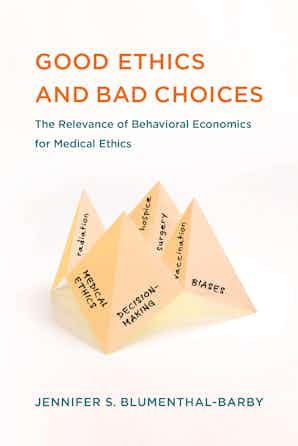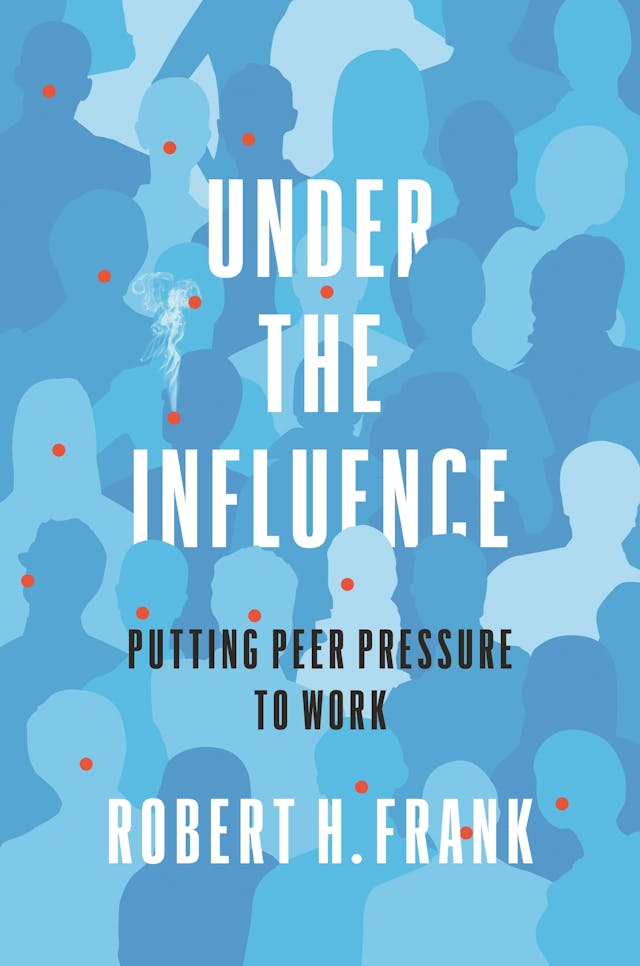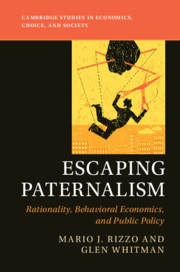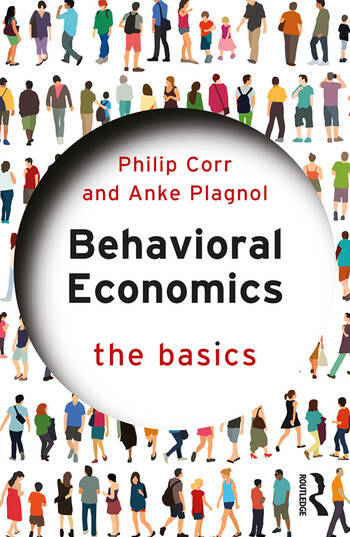La cultura de la innovación de los jóvenes españoles en el marco europeo
Indentity economics
Els esdeveniments succeeixen a una velocitat més elevada que la que podem copsar. Pot ser una frase tòpica, però ara pren més força que mai. La gent es pregunta quan sortirem de la crisi i jo responc que podem fer-nos una altra pregunta, "què fas tu per sortir de la crisi"?. Ara direu, els contestes amb una altra pregunta, molt hàbil per la teva part. Es molt conegut això. Fins i tot en Kennedy ho deia fa gairebé 40 anys:
"Ask not what your country can do for you - Ask what you can do for your country"
Resulta que el que en aquest moment ens cal són dues coses alhora, governants de nivell i ciutadans responsables. Sense governants de nivell ningú serà capaç de generar confiança ni impulsar els comportaments individuals com ho fa la cita. Sense ciutadans responsables, és a dir aquells que consideren que al costat d'un horitzó individual a la vida també hi ha un horitzó col.lectiu, serem incapços de progressar. I malgrat totes les mancances de la democràcia nostra, anar a votar és una mostra de responsabilitat.
També hi ha un altre àmbit en el que ens cal reflexionar, i és quina és la nostra capacitat individual de crear valor en el nou entorn, com podem ser capaços d'innovar i contribuir a la creació de benestar econòmic. Resulta que en
Victor Pérez-Diaz ha fet un llibre suggerent i també un
article. Hi ha molt de material, algunes qüestions conegudes relatives a l'educació, però jo sobretot m'he quedat en el capítol de l'horitzó individual i social, destaco:
Una diferencia crucial en las personas y en las sociedades reside en la amplitud o la pequeñez de su horizonte vital. Ello tiene repercusiones muy notables en su capacidad para cultivar su inteligencia, que, normalmente, será tanto menor cuanto más reducido sea su horizonte, aunque no necesariamente será así si la amplitud mayor va ligada a mayor confusión. También, para desarrollar las virtudes de su fortaleza y su templanza, que tendrán que probarse en un terreno
más duro y arriesgado cuanto su horizonte sea mayor, con efectos positivos o negativos según las circunstancias. En cuanto a cuál sea su virtud de la justicia, ésta puede corresponder a la apertura a un mundo de mayor equilibrio, o de mayor caos, que puede ser percibido como una especie de jungla en la que todo estaría permitido.
Es fácil que en una sociedad compuesta por individuos semejantes, esos mismos individuos se sientan impulsados a tomarse en serio su papel de ciudadanos. En este caso, estaríamos ante una sociedad con un alto grado de conciencia cívica, es decir, de interés por la cosa común, lo cual es un requisito indispensable para formular, decidir y aplicar una política ambiciosa de ciencia e innovación.
Fixeu-vos com en Victor Perez-Díaz tanca el cercle de la cita de Kennedy, afegint-hi un aspecte fonamental de cohesió social, d'identitat. Justament el mateix èmfasi que ja no es fa tant sols des de la sociologia, sino també des de l'economia per part d'
Akerlof . Al seu llibre Identity Economics hi ha material per a la reflexió seriosa i potser fins i tot pot representar nous camins dins l'economia. Destaco:
Economics—for better or for worse—pervades how policy makers, the public, and the press talk and think. Modern economics follows Adam Smith’s attempt in the eighteenth century to turn moral philosophy into a social science designed to create a good society. Smith enlisted all human passions and social institutions in this effort. In the nineteenth century, economists began to build mathematical models of how the economy worked, using a stick figure of a rationally optimizing human with only economic motivations. As economics evolved into the twentieth century, the models grew more sophisticated, but Homo economicus lagged behind. This began to change when Gary Becker developed ways to represent a variety of realistic tastes, such as for discrimination, children, and altruism. Fairly recently, behavioral economics has introduced cognitive bias and other psychological findings. Identity Economics, in its turn, brings in social context—with a new economic man and woman who resemble real people in real situations
Ens trobem doncs en un moment delicat, de redefinició d'horitzons a la vista de les noves realitats. En l'àmbit de la salut ens convé també emfatitzar que els ciutadans han de ser conscients que la responsabilitat davant la salut és compartida, és individual i social alhora. En l'exercici d'una llibertat individual responsable envers la salut podem ser capaços també d'assolir millor salut poblacional. I també, un govern responsable que vetlla per les prioritats ciutadanes i l'interès general ha de ser capaç de respondre a aquest repte democràticament.









